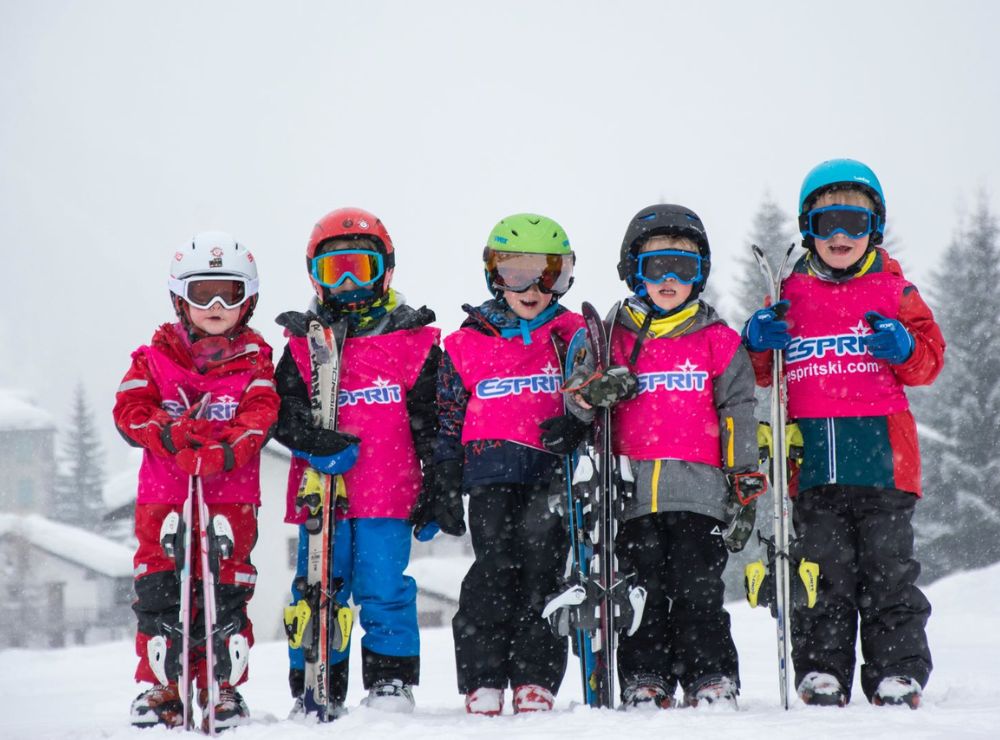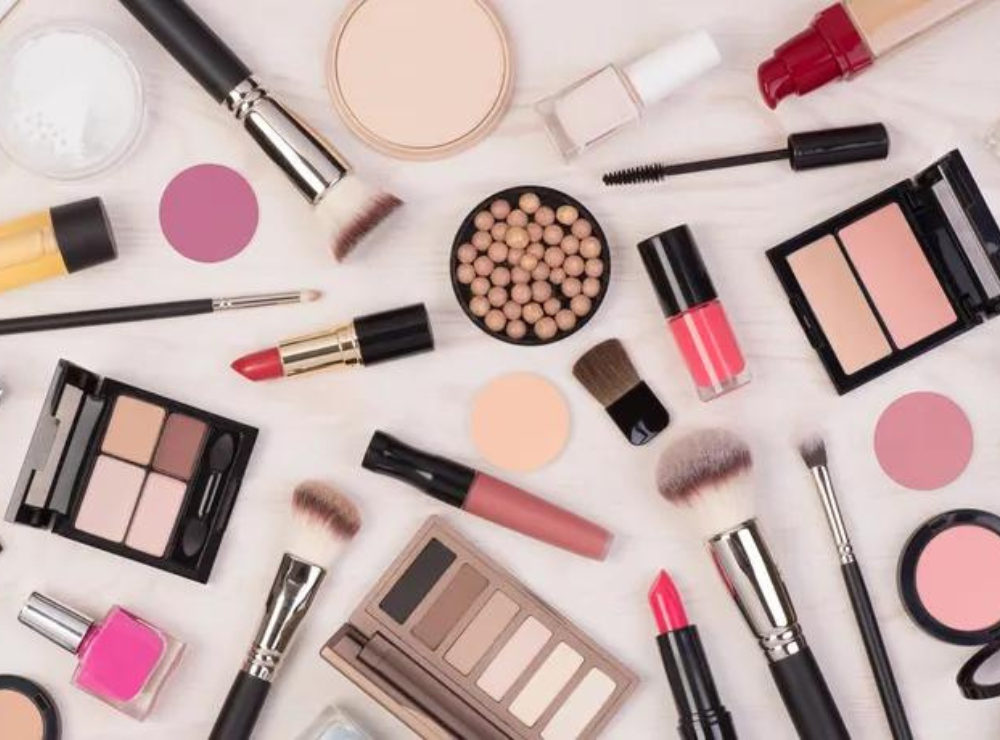1. Types of Competitions and Freebies:
· Contests: Participants compete against each other based on specific criteria or skills, such as writing, photography, or talent competitions. Winners are often selected based on judges' evaluations or public voting.
· Sweepstakes: Participants enter by chance, and winners are selected randomly. No special skill or purchase is typically required. Sweepstakes may involve filling out entry forms or providing contact information.
· Giveaways: These are promotions in which prizes are given away to participants for free. Giveaways can be physical items, digital products, or experiences.
· Loyalty Programs: Businesses may offer freebies and rewards to loyal customers as part of loyalty programs. Customers earn points or rewards for making purchases or taking specific actions.
· Social Media Contests: Many businesses and individuals run contests and giveaways on social media platforms to increase engagement, followers, and brand visibility.
2. Prizes and Rewards: Competitions and freebies offer a wide range of prizes and rewards, including:
· Physical Products: These can include electronics, clothing, gadgets, books, and more.
· Digital Products: Such as software licenses, ebooks, music downloads, and online courses.
· Experiences: These may include tickets to events, vacations, restaurant vouchers, or spa treatments.
· Cash and Gift Cards: Some competitions offer cash prizes or gift cards that can be used at various retailers.
· Recognition: In some cases, winning a competition or receiving a freebie may come with public recognition or exposure.
3. Participation Requirements: The requirements for participating in competitions and receiving freebies can vary widely. Some may require a purchase, while others are entirely free to enter. Additional requirements may include age restrictions, residency limitations, or the need to perform specific tasks (e.g., creating content, sharing on social media).
4. Legal and Regulatory Considerations: Competitions and giveaways are subject to legal regulations in many countries. Laws often govern aspects like disclosure, eligibility, taxation, and fraud prevention. Businesses must comply with these regulations to avoid legal issues.
5. Brand Promotion: Competitions and freebies are often used as marketing tools to promote brands, products, or services. They can help businesses build customer loyalty, increase engagement on social media, and attract potential customers.
6. Terms and Conditions: Competitions and freebies typically have terms and conditions that participants must agree to. These conditions outline rules, eligibility criteria, prize details, and other important information.
7. Scams and Fraud: Participants should exercise caution when entering competitions and freebies, as scams and fraudulent promotions exist. It's essential to verify the legitimacy of offers and provide personal information only to trusted sources.
8. Publicity and Exposure: Some participants may benefit from competitions and freebies by gaining exposure, recognition, or credibility in their respective fields, especially in creative and talent-based competitions.
9. Charity and Fundraising: Competitions and freebies are sometimes used as a way to raise funds for charitable causes. Participants may enter contests with the proceeds going to charity or donate to enter.
10. Impact on Participants: Competitions and freebies can provide enjoyment, a sense of achievement, and the opportunity to try new products or experiences. However, they should be approached with a balanced perspective, as winning is not guaranteed.
Competitions and freebies offer individuals the chance to win prizes and enjoy complimentary goods or services. They are widely used in marketing and promotions and can be a fun way for individuals to engage with brands and potentially benefit from valuable rewards. However, participants should always be cautious, read the terms and conditions, and protect their personal information when entering such activities

















